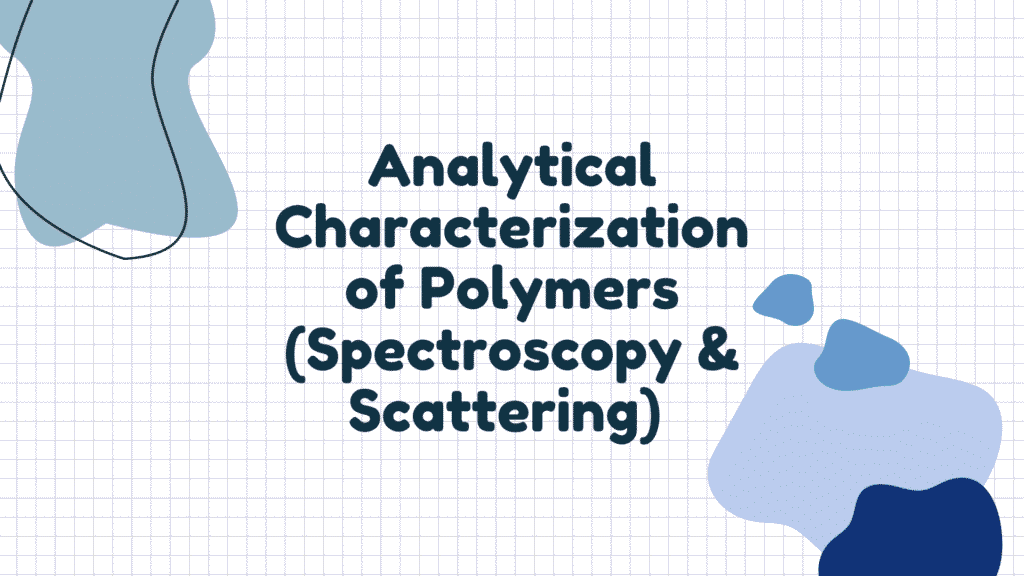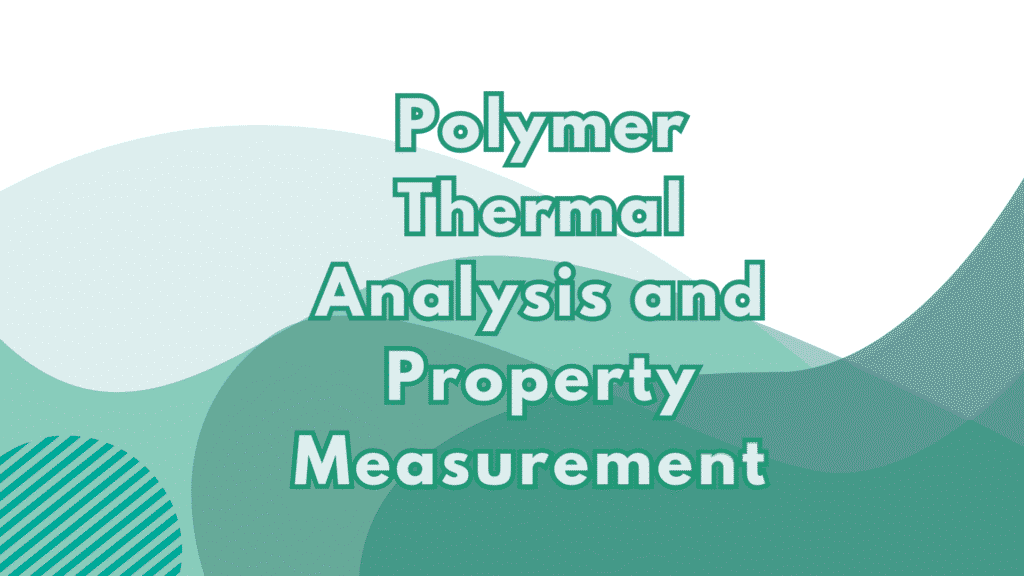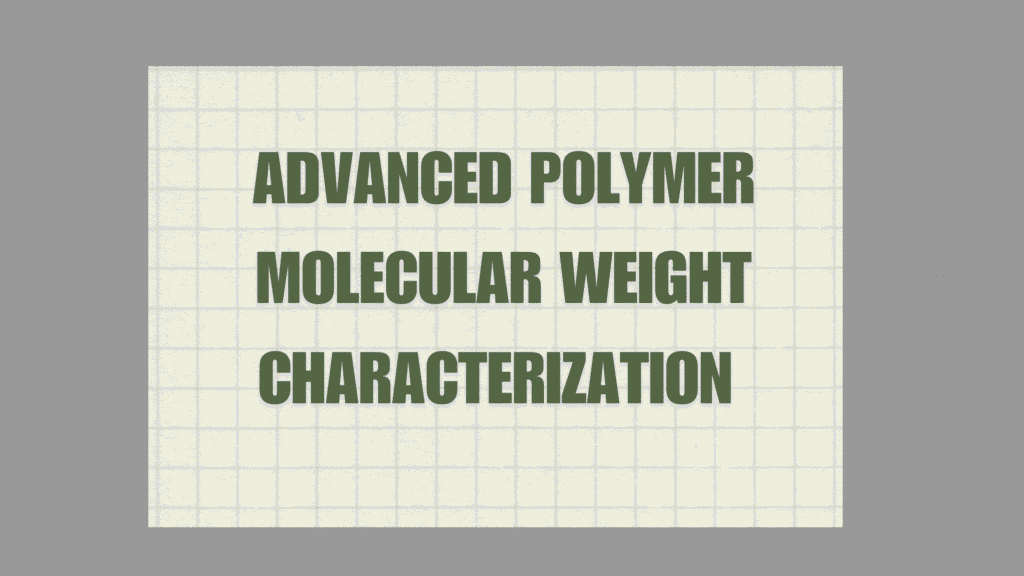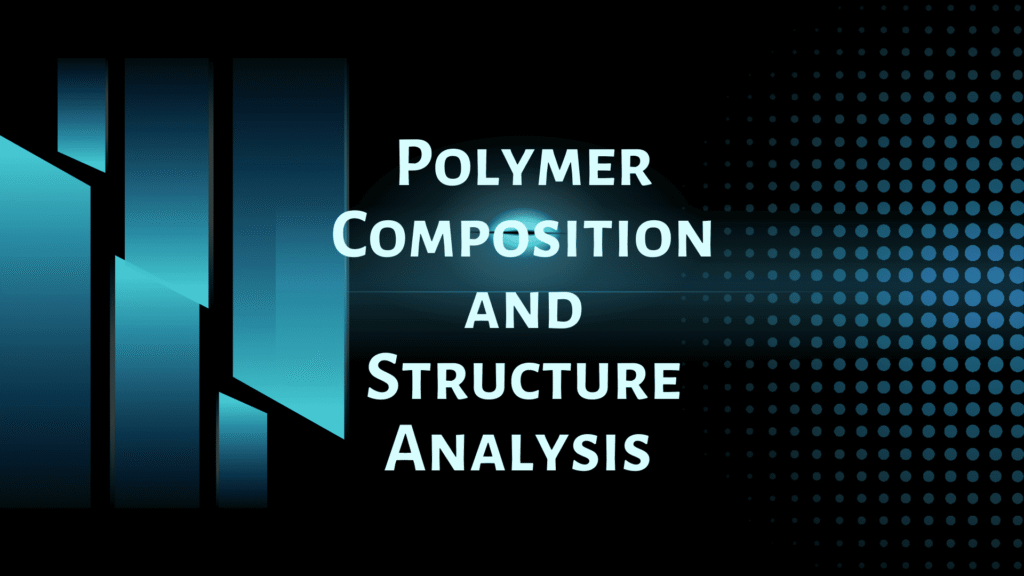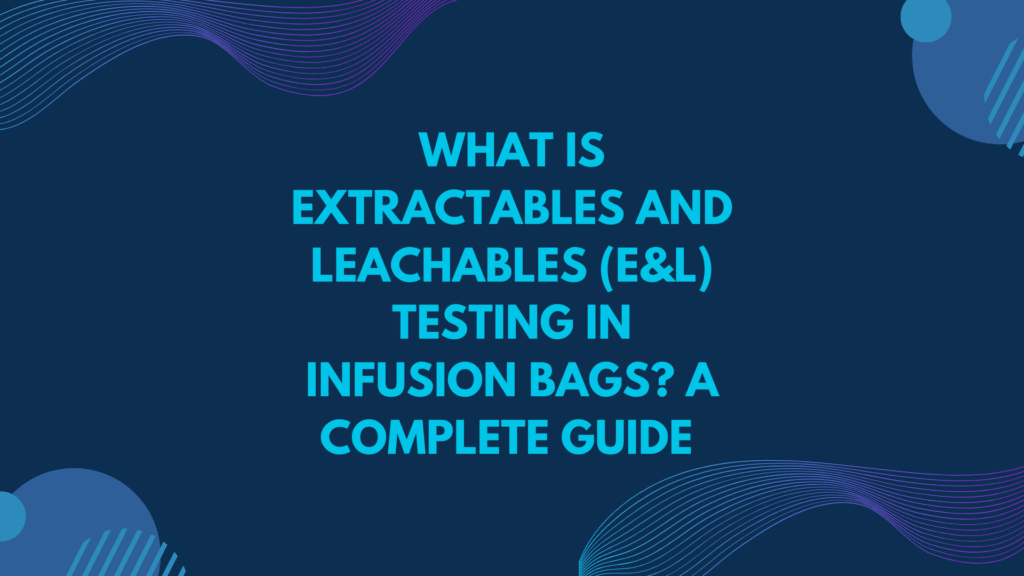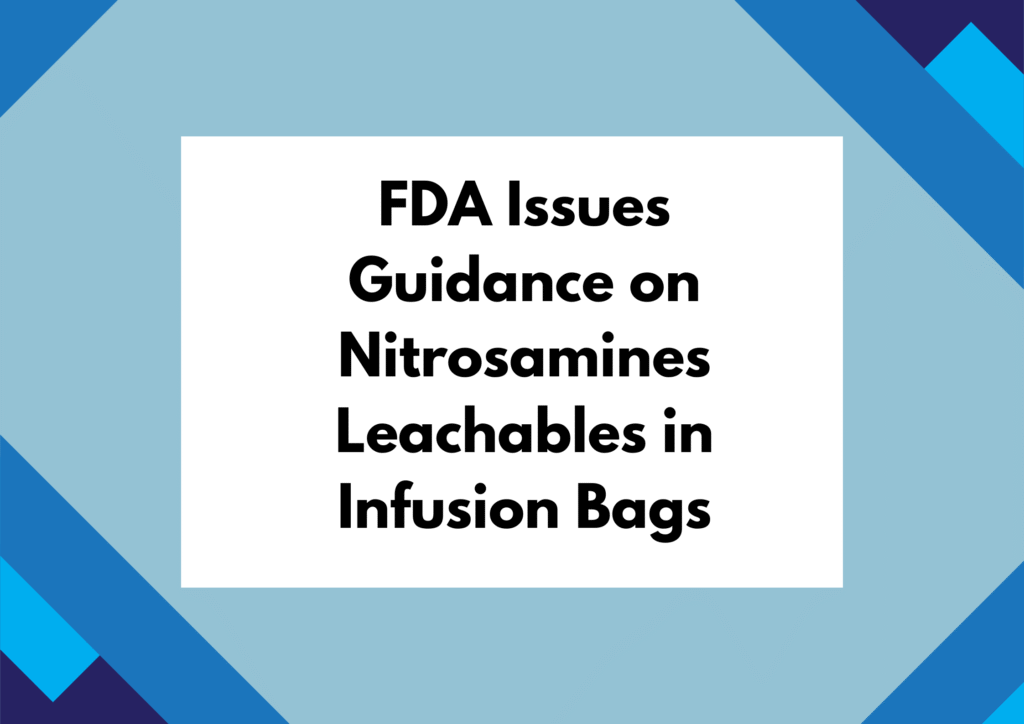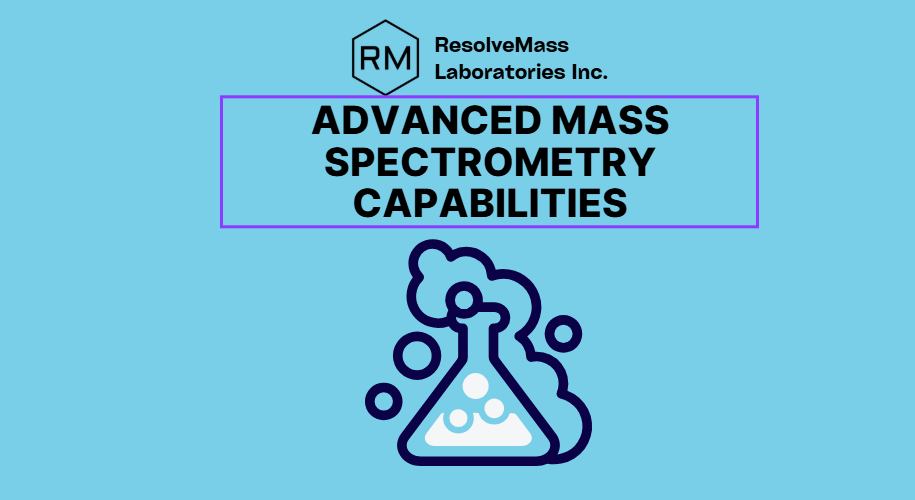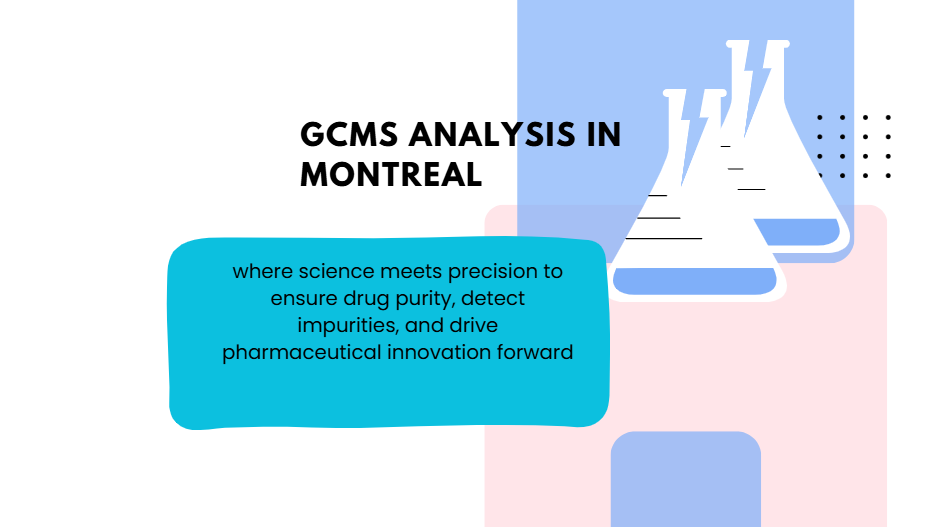
Gas Chromatography-Mass Spectrometry (GC-MS) has emerged as a critical analytical tool in pharmaceutical research, offering unparalleled precision in identifying, quantifying, and characterizing chemical compounds. This technique plays a crucial role in quality control, drug development, and forensic analysis, making it indispensable for pharmaceutical and biotech industries in Montreal.
Principles of GC-MS Analysis
GC-MS combines two powerful techniques: Gas Chromatography (GC) for separating volatile compounds and Mass Spectrometry (MS) for identifying and quantifying them. The process includes:
- Sample Preparation: Proper extraction and purification methods ensure accurate results.
- Gas Chromatography: The sample is vaporized and carried through a chromatographic column to separate its components.
- Mass Spectrometry: The separated compounds are ionized, fragmented, and analyzed based on their mass-to-charge ratios.
- Data Interpretation: Software tools compare the results with spectral libraries to identify compounds.
Benefits of GC-MS in Pharmaceutical Research
- High Sensitivity and Selectivity: Detects trace-level impurities and contaminants.
- Comprehensive Analysis: Suitable for complex mixtures and structural elucidation.
- Regulatory Compliance: Supports compliance with FDA, EMA, and Health Canada regulations.
- Quality Assurance: Ensures drug purity, stability, and efficacy.
- Forensic and Toxicological Applications: Used in detecting drug metabolites and contaminants.
Key Applications in Pharmaceutical Research
1. Drug Purity Testing
GC-MS ensures pharmaceutical formulations are free from residual solvents, degradation products, and unintended impurities.
2. Pharmacokinetics and Metabolism Studies
By analyzing biological samples, GC-MS helps determine drug absorption, distribution, metabolism, and excretion.
3. Environmental Monitoring
Pharmaceutical facilities use GC-MS to monitor and control environmental contaminants that may impact drug safety.
4. Identification of Unknown Compounds
Unknown by-products and degradation products in drug formulations can be identified, supporting research and development.
5. Forensic Toxicology
GC-MS is a gold standard for detecting illicit drugs, poisons, and metabolic by-products in forensic investigations.
Choosing the Right GC-MS Service Provider
When selecting a laboratory for GC-MS analysis, consider:
- Accreditation and Certification: Ensure compliance with industry standards.
- Expertise and Experience: Look for laboratories with experienced analysts.
- Technology and Infrastructure: Advanced instruments ensure accurate and reliable results.
- Regulatory Compliance: The lab should adhere to Good Laboratory Practices (GLP).
Future Trends in GC-MS Analysis
- Advancements in Miniaturization: Portable GC-MS devices enhance on-site analysis.
- Integration with AI: Machine learning models improve spectral interpretation.
- Green Chemistry Approaches: Eco-friendly solvents and techniques reduce environmental impact.
Conclusion
GC-MS analysis remains a cornerstone of pharmaceutical research, providing critical insights into drug composition, purity, and safety. By leveraging advanced GC-MS techniques, researchers and manufacturers in Montreal can enhance drug development, ensure regulatory compliance, and improve patient safety
REFERENCES
- Robinson I, Junqua G, Van Coillie R, Thomas O. Trends in the detection of pharmaceutical products, and their impact and mitigation in water and wastewater in North America. Analytical and Bioanalytical Chemistry. 2007 Feb;387:1143-51.
- Aguiar M. Applications of mass spectrometry in clinical chemistry and biomedical research.
- Herrero M, Mendiola JA, Cifuentes A, Ibáñez E. Supercritical fluid extraction: Recent advances and applications. Journal of Chromatography a. 2010 Apr 16;1217(16):2495-511.
LET’S CONNECT
Are you looking for expert GC-MS analysis services? ResolveMass Laboratories Inc. is your trusted partner for high-precision analytical solutions. Contact us today to discuss your project needs.
Analytical Characterization of Polymers (Spectroscopy & Scattering)
Introduction The accurate study of polymers through analytical methods is crucial for understanding their molecular…
Polymer Thermal Analysis and Property Measurement
Introduction Polymer Thermal Analysis is essential for understanding how different polymers respond to changes in…
Advanced Polymer Molecular Weight Characterization
Introduction HMW Polymer Characterization plays a central role in modern material science, since polymer molecular…
Polymer Composition and Structure Analysis
Introduction Polymer Composition Analysis is the foundation for understanding how polymers behave in different industries,…
What Is Extractables and Leachables (E&L) Testing in Infusion Bags? A Complete Guide
Introduction Extractables and Leachables (E&L) Testing in Infusion Bags is one of the most important…
FDA Issues Guidance on Nitrosamine Leachables in Infusion Bags: Risks, Root Causes, and Testing Requirements
Introduction The U.S. Food and Drug Administration (FDA) has recently released new guidance on the…
